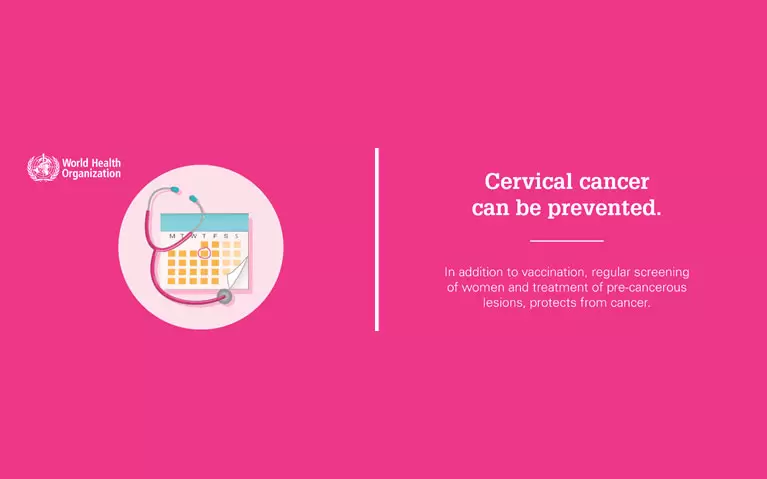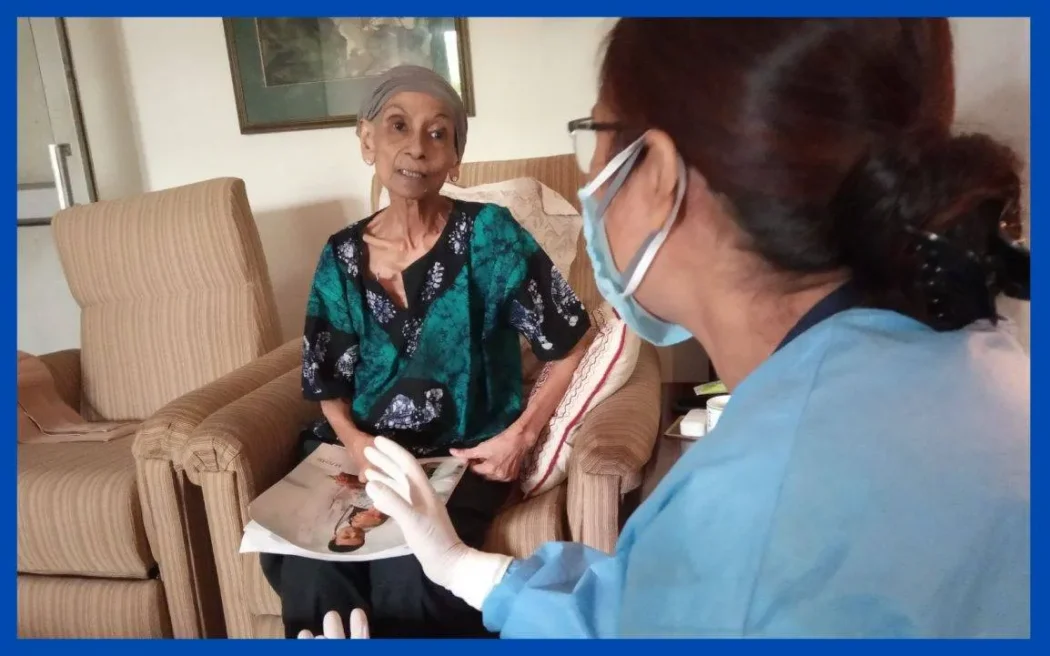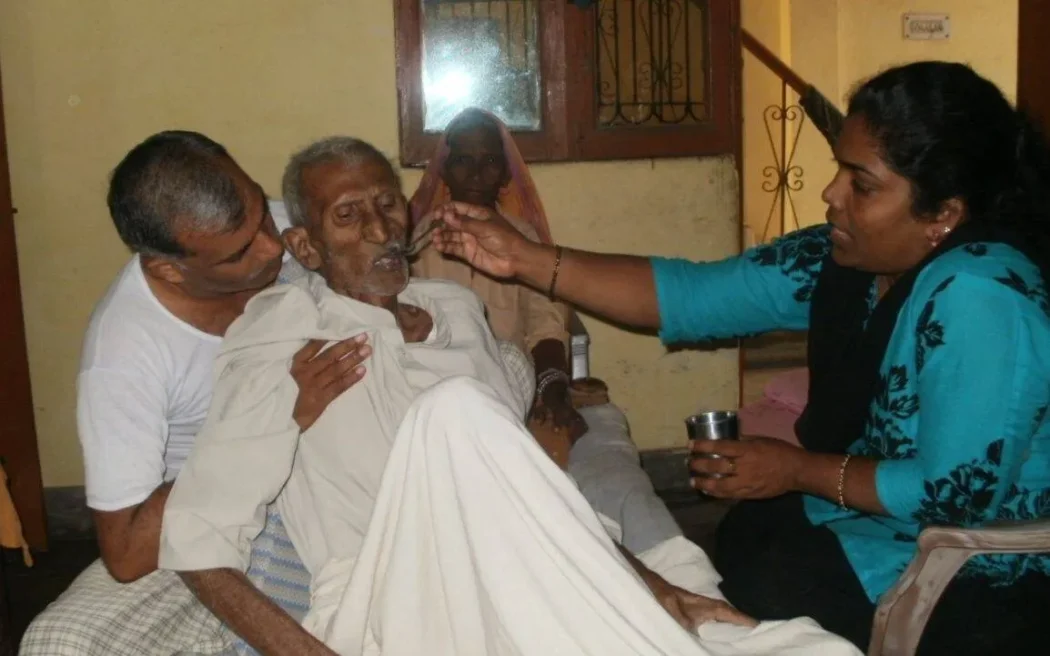International Nurses Day is observed around the world to mark the contributions that nurses make to society. We, at CanSupport, celebrate the incredible skill, dedication and impact of nursing, especially in palliative care.
Following is an article by Savita Luka, Director – Palliative Nursing which puts the spotlight on the essential role nurses and nurse counsellors play at CanSupport.
Palliative care is a specialized form of healthcare focused on improving the quality of life for individuals with serious, chronic, or life-limiting illnesses. At the core of this compassionate approach lies the work of nurses, who play a pivotal role in delivering holistic care. Nurses address not only the physical symptoms of illness but also the emotional, social, and spiritual needs of patients and their families, ensuring that the patient’s journey is as dignified and comfortable as possible.
Holistic Patient Care
One of the primary responsibilities of a nurse in palliative care is managing the physical symptoms associated with serious illness. This includes providing relief from pain, nausea, fatigue, and shortness of breath. Nurses closely monitor the patient’s condition and collaborate with physicians and other healthcare professionals to ensure that treatments are personalized and responsive to the patient’s changing needs.
However, palliative care is not just about symptom control. Nurses are also trained to recognize and address the psychological and emotional stress that accompanies a life-limiting illness. They provide comfort, reassurance, and a compassionate presence, listening to patients and families as they navigate the challenges of living with a serious illness.
Advocacy and Communication
Nurses often serve as advocates for their patients, ensuring that care aligns with the patient’s values, wishes, and cultural preferences. They act as the crucial communication link between the patient, their family, and the broader healthcare team. Nurses help families understand complex medical information, facilitate advance care planning, and guide discussions about goals of care and end-of-life decisions.
By fostering open and honest communication, nurses empower patients and families to make informed choices about their care, ensuring that the treatment plan reflects the patient’s desires and values.
Emotional and Spiritual Support
Facing a life-limiting illness can be an emotionally overwhelming experience, not just for the patient but for their loved ones as well. Nurses in palliative care are skilled in providing emotional support, offering comfort during some of the most vulnerable moments. They recognize the importance of dignity, respect, and presence at the end of life.
Nurses collaborate with chaplains, counselors, and social workers to address spiritual concerns and provide solace during times of grief and uncertainty. Whether through active listening or offering a compassionate presence, nurses help patients and families find peace, strength, and comfort in their final days.
Education and Empowerment
Nurses play an essential role in educating patients and caregivers. They teach about disease progression, medication management, and self-care techniques, empowering patients to take an active role in their care. This education is crucial in palliative care, where patients often manage their symptoms at home or in hospice settings.
Even in environments with limited technological resources, nurses deliver low-tech, high-touch care. They make use of available local resources to ensure the patient’s comfort. By educating caregivers on critical nursing procedures—such as medication administration, wound care, catheter care, ostomy care, and feeding tube management—nurses help families feel confident in their caregiving abilities.
Nurses also teach caregivers how to use local resources efficiently, especially when certain supplies may be costly or hard to find. This education not only helps ensure maximum comfort for the patient but also fosters independence, empowering families to provide better care.
Challenges in Palliative Nursing
Despite their vital role, palliative nurses face several challenges:
- Limited financial resources for patients and families can hinder access to necessary care.
- Cultural and emotional barriers can make discussing death and end-of-life planning difficult.
- Delivering bad news and managing family expectations can be emotionally taxing.
- Hesitation in initiating conversations about prognosis and advance care planning is common.
Addressing these challenges requires sensitivity, professionalism, and strong communication skills. Palliative nurses often act as mediators, helping patients and families navigate complex emotional and logistical hurdles with compassion and grace.
End-of-Life Care
As patients approach the end of life, the nurse’s role becomes even more crucial. In these final moments, nurses ensure that the patient is comfortable and dignified. They assist with feeding, positioning, and personal hygiene, and manage symptoms such as breathlessness, drowsiness, or agitation. Their presence is often a source of profound comfort, providing the patient with a sense of peace during the transition from life to death.
Nurses also provide essential support to the family during this challenging time. They offer emotional support, guide families through the process of saying goodbye, and provide practical assistance with funeral arrangements or rituals. After the patient’s passing, the nurse’s work continues with bereavement care. They support grieving family members, help them navigate their emotions, and guide them through the rituals associated with mourning and loss.
This ongoing care helps families find closure and healing, offering them comfort as they begin to adjust to life after their loved one’s passing.
Conclusion
The role of the nurse in palliative care is multifaceted, combining clinical expertise with deep empathy and compassion. Nurses serve as advocates, educators, and caregivers, ensuring that patients are treated with dignity and respect throughout their journey. Whether providing direct care, offering emotional support, or guiding families through end-of-life decisions, nurses embody the essence of holistic care, where the focus is on comfort, compassion, and quality of life.
As compassionate healers, palliative care nurses ensure that every life is honored with the utmost care, dignity, and love, even when cure is no longer possible.













